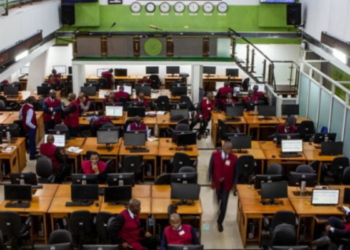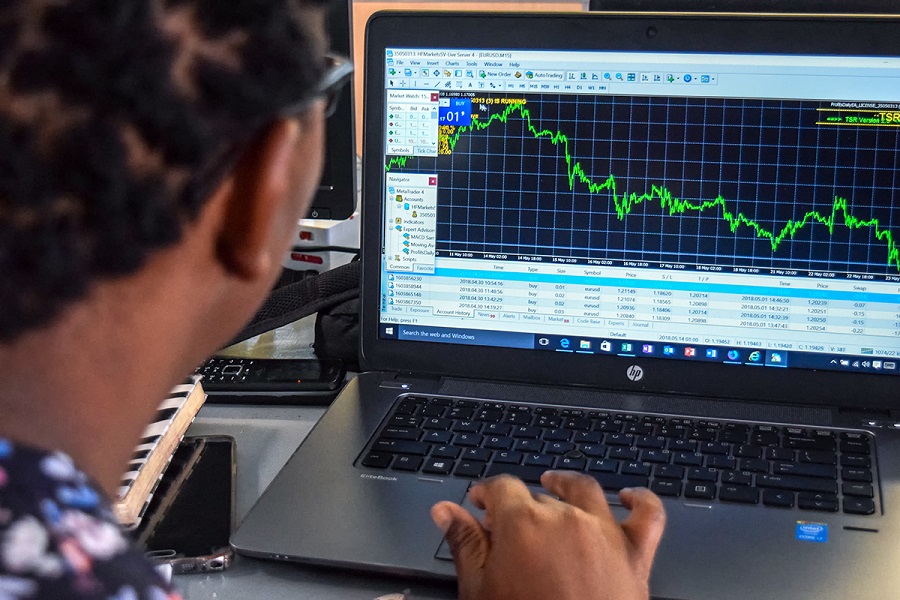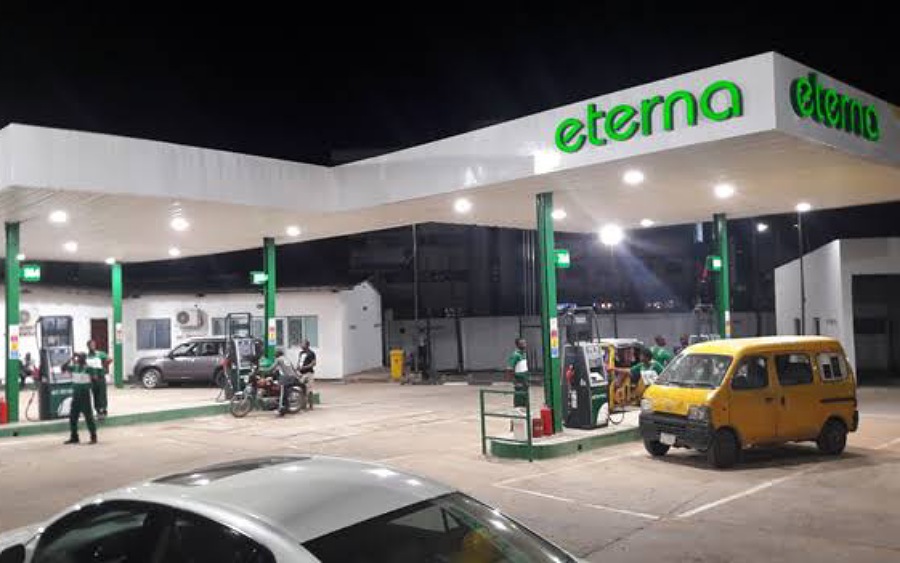In this second part, I will be talking about options.
What are options?
Options are derivatives that give the buyer the right but not the obligation to either buy or sell the underlying. When you buy a call, you buy the right to buy, and when you buy a put, you buy the right to sell. When you sell a call, you are giving someone else (the buyer) the right to buy from you, in which case, you have the obligation to sell. In the same way, when you sell a put, you give the buyer the right to sell and you are obliged to buy if he decides to sell. Before going into more details about calls and puts, it is necessary to clarify something about option types.
Types of Options
There are two broad types of options, American and European options. An American option is one where the buyer can exercise his right at any time until the expiration date of the option. On the other hand, with a European option, the buyer cannot exercise his right until the exercise or expiration date of the option. The rule book released by the Nigeria Stock Exchange seems to be silent on the type of options that will be on offer in Nigeria.
Note that the name American or European does not indicate or imply place of issue of the option, rather, it refers to the timing of the freedom to exercise the right conferred by the purchase of such option. My guess is that the Exchange will opt for American type options because they are more popular and usually have more value than European type options.

Calls and Puts
A call is a derivative that gives the buyer or holder the right but not the obligation to buy the underlying instrument. This implies that while the holder or buyer of a call has the right, he is free to let that right lapse if he thinks that exercising such right will not be profitable. On the other hand, a put is a derivative that gives the buyer or holder the right but not the obligation to sell the underlying instrument. So, because the exercise of the option is optional, it derives its name, option—you, the buyer, have the option to exercise the right or not.
[READ MORE: Understanding Derivatives as investment products (1)]
Characteristics of Options
To understand the features of options (Calls and Puts), let us say, for example, that Access Bank shares are selling for N6.6 per share and someone tells you that he will give you the right to buy it any time between now and December 31, 2019 (American Option), at N6.75. He tells you that to get this right, he will charge you N0.50. If you think that given the “crystal ball” you have in your pocket, that Access Bank shares will increase in prices within the period, you may like to take up the right. However, that would depend on the extent of price increase as we shall see shortly. From the above example, we can filter out the features of a call or put option as follows:
Strike Price
Recall that the option gives you the right to buy or sell at an agreed price, this agreed price is known as the strike price. In the above case, the strike price is N6.75.
Option Premium
In finance and indeed, in life, there is no free lunch. The right that an option grants you is not free, you have to pay for it. This payment is called the option premium. In the above case, it is the N0.50 per option that you are required to pay.
Intrinsic Value
For you to exercise an option, be it American or European type option, it has to have some value to you. The value of an option is made up of two major components, intrinsic and time value. Intrinsic value of an option is the difference between the price of the underlying and the Strike price. If the difference is positive for a call, then the call has intrinsic value, otherwise, it does not. If the difference is negative for a put, then the put has intrinsic value, otherwise, it does not. In the above case, if the price of Access Bank share increases to N8.75, then the call option with a strike price of N6.75 has an intrinsic value of N2, while a put option on Access Bank with a strike price of N6.75 has no intrinsic value.
Time Value
Because the price of the underlying changes with time, and since an option derives its livelihood from the underlying, as the price of the underlying changes, so does the value of the option. The more time the option has until expiration, the more time it has to witness changes in value. The change in the value of an option due to time to expiration (and not due to changes in the characteristics of the underlying), is the time value of an option. The difference between the option premium and the intrinsic value, if positive, is the time value of an option. Option time vale decreases as the option approaches expiration.
[READ ALSO: Here are 10 actions that can make you a successful investor]

Moneyness of an option
When the price of the underlying is less than the strike price of a call, the call is said to be out of the money. But if the price of the underlying is more than the strike price of a call, it is said to be in the money. However, if both the strike price and the price of the underlying is the same, the option is said to be at the money. The reverse is the case for a Put, which is said to be in the money if the strike price is more than the price of the underlying and out of the money if the price of the underlying is more than the strike price. The only options worth exercising are in the money options.
























Very insightful article.
Thank you!